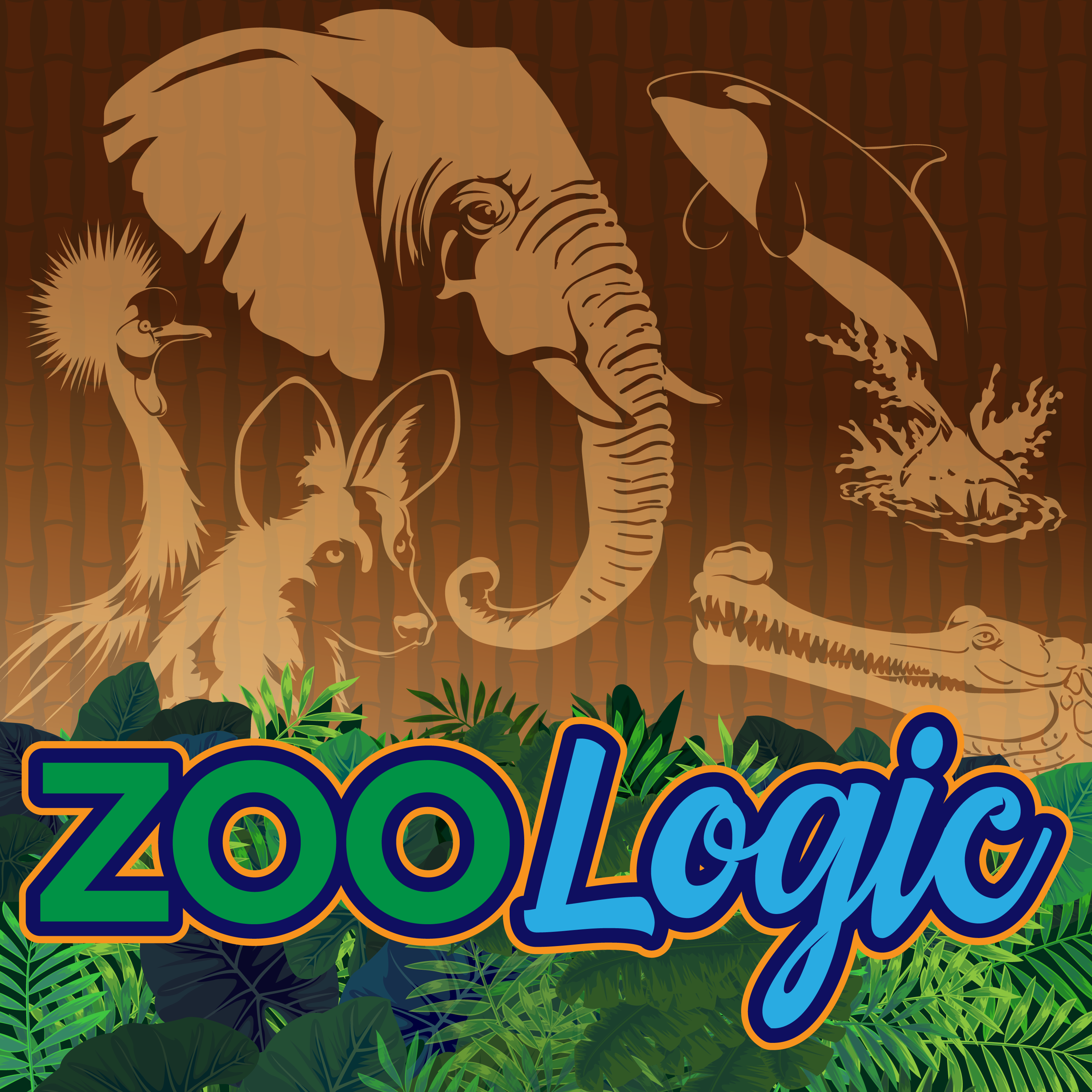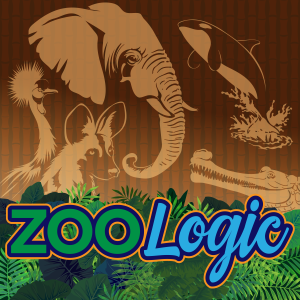
As we age, our DNA begins to show signs of degradation. Physiological mechanisms to protect and preserve DNA from the effects of internal or external factors such as environmental pollutants grow less effective. By studying age-related changes to DNA at specific sites conserved within and across species, scientists have developed epigenetic clocks which are strongly correlated with chronological age in humans and several mammalian species. Validated epigenetic clocks from known age animals, such as those living at zoos and aquariums, allows scientists to more accurately determine the age distribution of wild populations from blood or skin samples collected in the field during health assessments or stranding events. Dr. Todd Robeck describes recent collaborative work across several species of odontocetes or toothed whales that promises to give researchers and government agencies a powerful wildlife conservation tool.
Paper: "Multi-species and multi-tissue methylation clocks for age estimation in toothed whales and dolphins"
That Sounds Wild: Gila Woodpecker
Animal Care Software
KONG Zoo
Zoo Logic
More Episodes
 2020-12-31
2020-12-31
 2020-12-17
2020-12-17
 2020-12-10
2020-12-10
 2020-12-03
2020-12-03
 2020-11-26
2020-11-26
 2020-11-12
2020-11-12
 2020-11-05
2020-11-05
 2020-10-29
2020-10-29
 2020-10-22
2020-10-22
 2020-10-15
2020-10-15
 2020-10-08
2020-10-08
 2020-10-01
2020-10-01
 2020-09-24
2020-09-24
 2020-09-17
2020-09-17
 2020-09-03
2020-09-03
 2020-08-27
2020-08-27
Create your
podcast in
minutes
- Full-featured podcast site
- Unlimited storage and bandwidth
- Comprehensive podcast stats
- Distribute to Apple Podcasts, Spotify, and more
- Make money with your podcast
It is Free
- Privacy Policy
- Cookie Policy
- Terms of Use
- Consent Preferences
- Copyright © 2015-2024 Podbean.com






